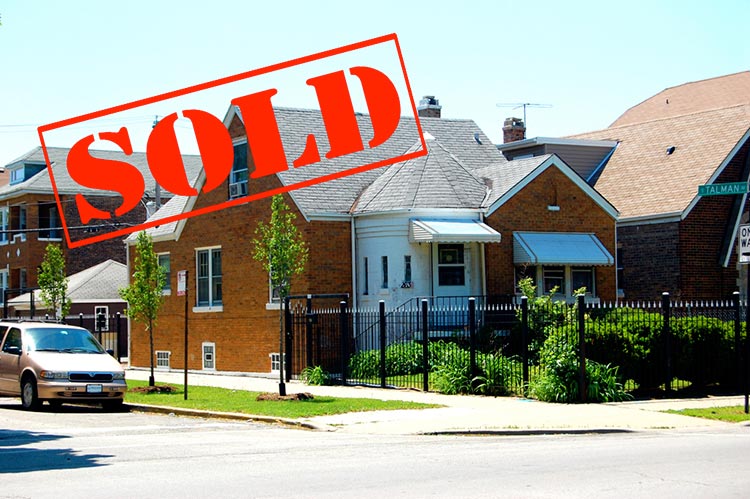Purchasing a home from a non-resident. Beware!
A recent decision by the Tax Court of Canada highlights the danger of Section 116 of the Income Tax Act (“ITA”). In the case of Kau v. the Queen, Mr. Kau purchased a condo in Toronto from Mr. Y for $368,000. Mr. Y it turns out was a non-resident for Canadian tax purposes (he had a California address) even though he declared that he was “not a non-resident”.
Section 116 of ITA requires the purchaser of Canadian real estate to withhold 25% of the purchase price and remit it to the Canada Revenue Agency (“CRA”) if the vendor is a non-resident of Canada. The purpose of this section is to ensure that non-residents pay their share of taxes on the disposition of Canadian real estate. Section 116 requires that the purchaser perform a “reasonable inquiry” so that there is “no reason to believe that the non-resident person was not a resident of Canada”. If the purchaser is unable to perform these reasonable inquiries satisfactorily, then the buyer is required to withhold 25% of the purchase price.
In the above-noted case, Mr. Kau did not withhold the 25% because his lawyer did ask about Mr. Y’s residency status. Mr. Y signed an affidavit stating that “I am not a non-resident of Canada within the meaning of Section 116 of the Income Tax Act (Canada) and nor will I be a non-resident of Canada at the time of closing”. The Tax Court judge indicated that this declaration was not good enough because it was not a “solemn declaration” (which carries the weight of an oath). He felt that Mr. Kau did not make a “reasonable inquiry” and should have questioned Mr. Y’s residency (California address). Mr. Kau lost the case and must pay Canada Revenue Agency $92,000.
The take away from the case is that if you suspect that the seller might be a non-resident, obtain a Section 116 clearance certificate from the seller. This certificate is issued by CRA and confirms that the buyer does not need to withhold tax. The problem is that CRA does not issue these certificates in a timely manner. If the lawyer does not receive a clearance certificate, then they should obtain a “sworn affidavit” or “solemn declaration” about the residency status of the vendor.
Remember, the purchaser is liable for the withholding tax.






